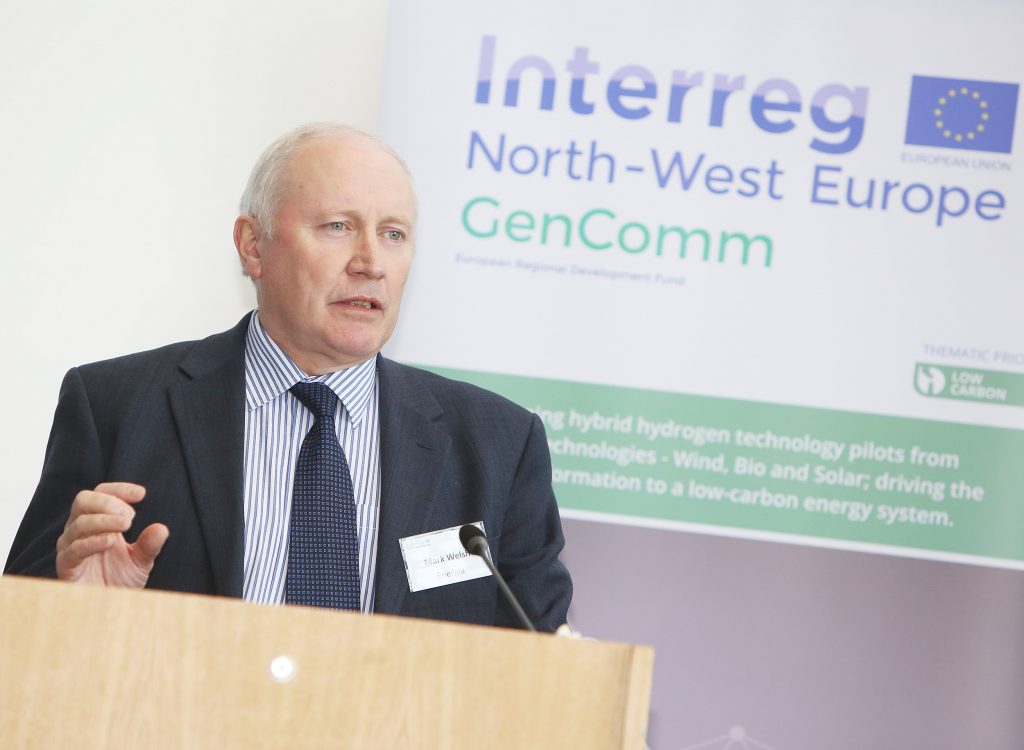Although we all have been focused on the Covid-19 crisis and are trying to deal with the pandemic that caught the world napping, the climate emergency has not gone away. Though it is beyond doubt that following hot on the heels of the COVID-19 public health crisis we face an economic crisis of proportions not experienced in Europe for more than a century. What we can expect is that the environmental and economic crises will both have a high cost on our welfare and well-being.
An anticipated fall of 13% in GDP growth in 2020 compares with a drop of around 4% in the most recent 2008 financial crisis and around 5% following the 1929 Wall Street crash. One question is how we ensure economic recovery while ensuring the climate crisis is not relegated as a result.
With reports from the International Energy Agency (IEA) stating the annual drop in 2020 for global emissions will be the largest in history (8%) due to the restrictions taken for the COVID-19 pandemic we should ask if we can we continue to build on this fall aiming to build our economy while making a positive impact on our environment.
In the energy sector, more so than transport or the wider commercial sphere, there is some progress to build from. For example, in 2019 wind in the UK and Ireland is now a key source of electricity generation, accounting for over one fifth of the total. In 2020, solar power broke its peak generation record, and the UK has broken the record for the period of time generating electricity without coal.
However; we should not be complacent, Covid-19 has seen a collapse in power prices, this fall will make it much harder to get financing for subsidy-free renewables projects. This could mean the cost of subsidies through the contract’s mechanism will increase, potentially exceeding finance caps on low-carbon levies and generating political pressure to limit further subsidy auctions.
Is a different approach now possible? Governments demonstrated bold, pragmatic thinking in developing the COVID-19 support programmes for jobs and businesses so do we now need an equally bold and expansive response to the longer-term climate crisis.
Delivering a sustainable recovery, the key components that need clarity and further discussion if we want an ambitious and sustainable recovery building out of this crisis include:
- Governments publishing their Energy Strategies and Papers, setting out the roadmap to net zero carbon for the whole economy which will bring certainty to the market. This should help the shovel ready projects that are awaiting final investment decisions.
- Develop a Green Industrial Strategy. Climate science drives change, but it will be delivered largely through engineering and technology-based solutions some of which are still at a low TRL stage of development. Public investment will deliver a needed faster roll-out of new infrastructure. It must include a commitment to funding for energy R&D while expanding public research capacity in promising new areas like energy storage, Hydrogen and ‘local’ carbon capture.
- Give attention to maintaining and developing a skilled workforce to develop and deliver in the future a net zero workforce. It is expected the energy industry needs to recruit thousands of jobs over the next 30 years to ensure we achieve net zero carbon emissions; 35% of recruits will replace existing roles and 65% will be in new functions. For this to be delivered it will require a single-minded focus and collaborative approach. This includes fully funded access to quality training and development to take up new opportunities and the creation of high-quality employment, commensurate with workers’ skills and experience.
- Ensure there is joined up thinking and working to ensure the Zero emission targets are delivered. We need a cross-sectoral expert group of stakeholders including political, governmental departments, economic and industrial sectors with the remit and powers to direct and deliver our zero emission targets. As Co2 emissions don’t stop at the border there also has to be a wider EU discussion.
- Build public awareness by having a comprehensive communication plan that recognises the value of renewable energy, not just in economic terms, but also in how it links to well-being, biodiversity and supporting local communities. needs.
We did not plan adequately for COVID-19 and the cost in terms of health and economy is unimaginable. The climate crisis, which can come on us just as quick as Covid19, is well documented and widely debated and now needs the same urgency of response. These challenges can be effectively addressed through strategic approaches which gives us an opportunity now to set a new renewable sustainable economic future. By combining EU recovery and Climate change actions, we can come up with solutions to impact both the economy and climate. None of us can afford to ignore this.
At Hydrogen Ireland we believe Hydrogen can play a major part in delivering a Zero Carbon future by being the sustainable energy carrier for fuel cell electric vehicles (FCEVs), stationary fuel cell systems for buildings, backup generation, gas grid injection and carbon capture. Hydrogen can be produced from electrolysis using electricity generated from zero carbon renewable energy sources such as wind, AD or solar energy. These technologies have a very low environmental impact, will achieve the zero-emission future we aspire to and will help stimulate the economy by investing our renewable resource.





